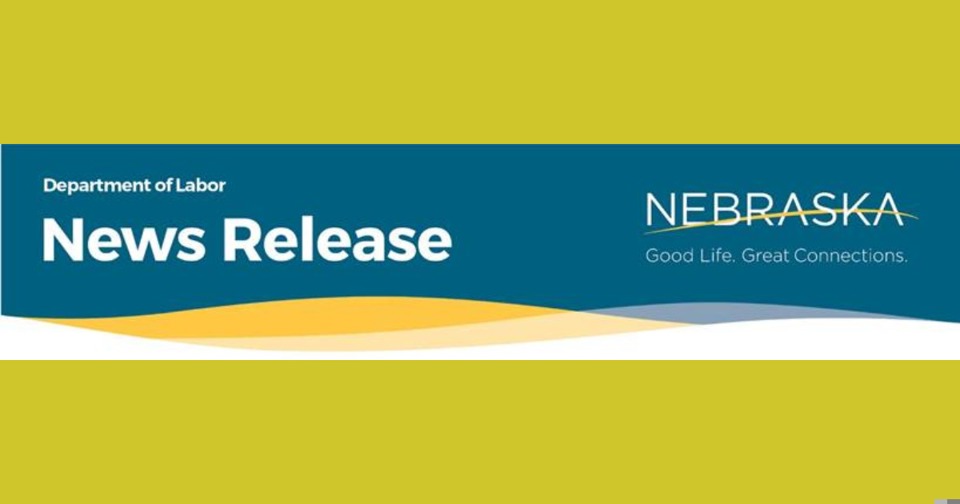Broken Bow and Ord Labor Availability Reports Released

Release Date: 12/3/2024 Labor Availability and Hiring Needs Reports for Broken Bow and Ord are now available at NEworks.nebraska.gov. The reports cover responses from seven counties, 169 businesses, and over 650 households on topics including hiring difficulty, barriers to employment, job openings, and important factors when seeking employment. The survey area population in total includes over 17,000 adults and an estimated total labor force of over 11,000.
Job Seeker Findings
The surveys found an estimated 4,687 potential job seekers 18 and older in the survey areas. Salary, along with job security and stability, were the factors most important to potential job seekers when considering new employment. Company values, paid vacation, retirement benefits, and paid sick leave were also highly ranked.
Most employed potential job seekers listed job security and stability, commute time, using their existing skills, and work schedule as the top factors that lead to job satisfaction. Potential job seekers reported inadequate pay and benefits, lack of job opportunities in the area, and work schedule flexibility as obstacles to employment.
Employer Findings
Survey respondents listed wholesale and retail trade, construction, and health care and social assistance as the industries with the most difficulty hiring workers. The percentage of frequently hired jobs reported as difficult to fill ranged from 90 percent in Ord to 93 percent in the Broken Bow area.
By far the most common reason for hiring difficulty cited by employers was a lack of applicants (86 89% depending on the area). Poor work history, available housing, lack of work experience, and wage demands were the next most common reasons employers cited across the survey areas. The most commonly listed skill where employers said employees needed additional training was leadership. Critical thinking, advanced computer skills, problem solving, and customer service were also listed.
Between 83 and 90 percent of businesses in both areas surveyed indicated that they increased pay to expand their candidate pool. Over half of responding businesses (51 to 55 percent) reported increasing benefits to address difficulty hiring. Other measures taken by employers in the two survey areas included using workforce system resources and increasing hiring of interns/temporary workers, among others.
Worker shortages exist primarily in occupations that have lower formal education and work experience requirements. They range across industries and occupations, including H3 (High wage, High skill, High demand) designated occupations.
Questions about the survey findings and reports may be directed to lmi_ne@nebraska.gov.
NDOL press releases are accessible at dol.nebraska.gov.
